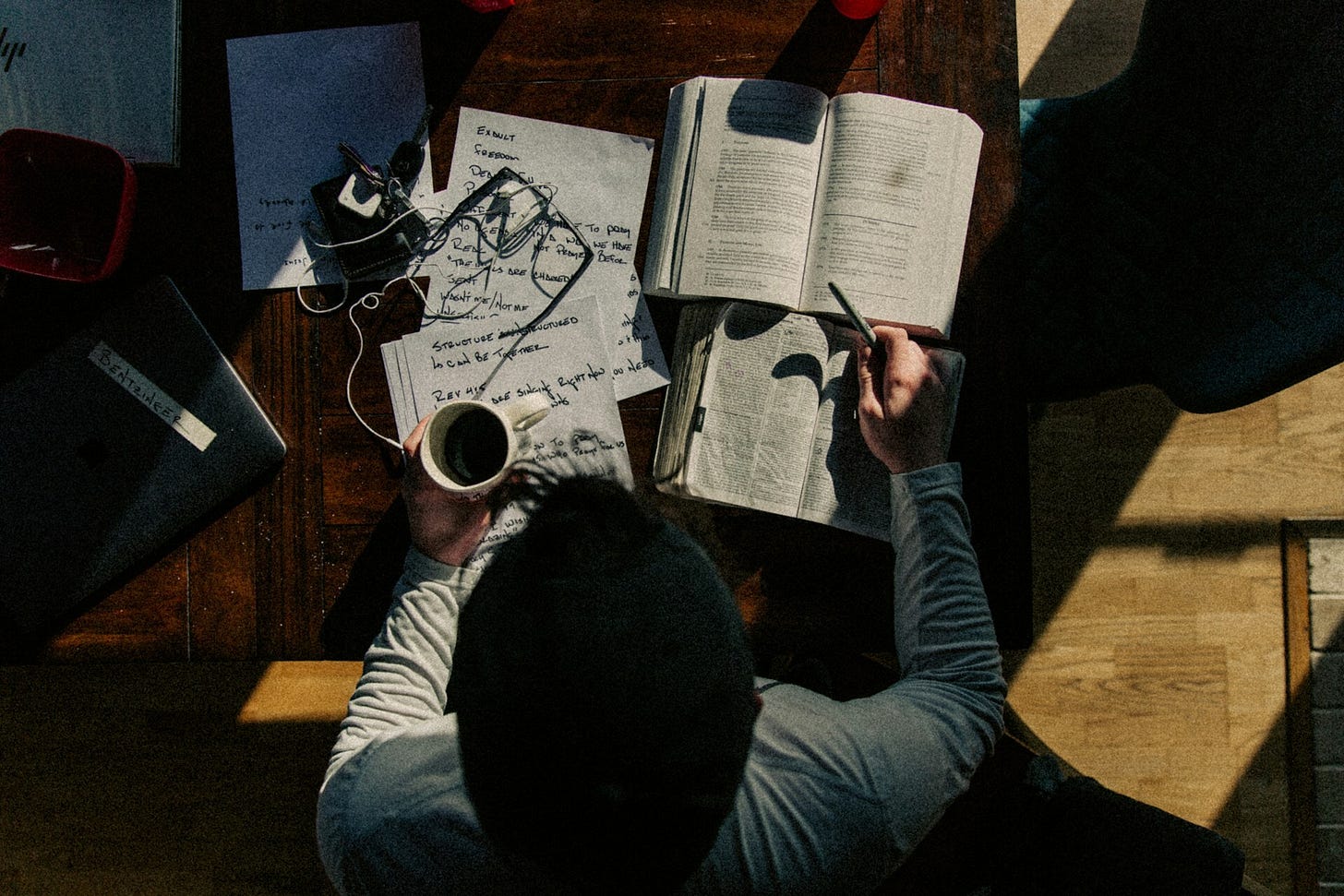How to Learn Anything
Science-based Tools No One Teaches Us
In 1969, a young engineer at Bell Labs was handed an impossible deadline.
His name was Ken Thompson. He had one month to build an operating system from scratch. No manuals. No team. Just him, a deadline, and a blinking cursor.
Most people would’ve spent the first week planning. Reading. Researching.
Ken didn’t.
He broke the work into chunks and got straight to it. One tool per week.
Build, test, fix, repeat.
At the end of four weeks, Unix was born.
What’s wild isn’t that he pulled it off.
What’s wild is how he pulled it off.
He didn’t memorize anything.
He didn’t map it all in advance.
He didn’t aim for perfect.
He just got moving.
Most people think learning is about storing information.
Read it. Highlight it. Reread it. Memorize it.
But real learning doesn’t feel like that.
It feels like fumbling.
Like when you try to explain something and realize you have no clue what you're saying.
Like when you bomb a question and suddenly understand the answer better than any textbook could explain.
Like when your notes are a mess but your brain is slowly making sense of it all.
The uncomfortable truth?
Learning doesn’t happen when you're consuming.
It happens when you're struggling.
A physicist named Richard Feynman once said,
“If you can’t explain it simply, you don’t understand it well enough.”
That’s the test.
Not whether you highlighted it.
Not whether you remembered the definition.
But whether you can teach it to a 10-year-old without sounding like a robot.
That’s what real understanding feels like. It’s light. It’s clear. It clicks.
Here’s another truth nobody tells us:
We forget most of what we learn.
And fast.
In the 1800s, Hermann Ebbinghaus ran a depressing experiment on memory. He found that we forget about 80% of what we learn within a few days.
That’s not a bug in the brain.
That’s how we’re wired.
But here’s what helps: coming back to it.
Not once. Not twice. But over time.
Spacing it out. Testing yourself. Failing. Then remembering better.
It’s not glamorous. It’s not fast.
But neither is growing muscle.
And the brain’s no different.
One more thing people don’t talk about:
Focus isn’t a skill. It’s a decision.
We live in a world that profits from distraction.
And learning is a direct threat to that business model.
So if you can carve out even 25 minutes of real focus, you’re already ahead.
Not because it’s hard, but because no one else is doing it.
No app will fix this for you.
No productivity hack will save you.
Learning is quiet work.
Boring work.
Private work.
But it’s also the most valuable work you'll ever do.
Ken Thompson didn’t create Unix by being the smartest guy in the room.
He did it by building, not browsing.
By testing, not guessing.
By starting, not stalling.
That’s what learning actually looks like.
Messy. Repetitive. Humbling.
And the people who get good at it?
They’re not the ones who know the most.
They’re the ones who keep showing up.
Here’s how you can further improve the process:
How to Learn Faster with AI




Helpful!
Well done